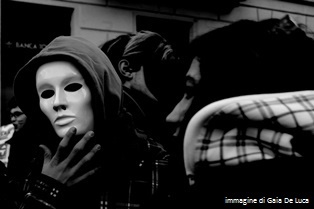Le molteplici facce della polizia: Lucertolo, primo investigatore seriale della letteratura italiana
DOI:
https://doi.org/10.13130/2035-7680/7171Keywords:
detective novel, Jarro, prehistory of crime fiction, police representationAbstract
In the study of the ‘prehistory’ of the Italian detective novel, the Tuscan journalist and writer Giulio Piccini, better known by his pseudonym Jarro, has played a pivotal role. Following his desire to create “il romanzo giudiziario d’impronta tutta italiana” (Piccini 1887: X), Piccini gave life to Lucertolo, the first serial detective of Italian literature, and the protagonist of four novels published between 1882 and 1884. This character triggers critical interest because his main features change with each text: from the birro of the first two novels – a Vidocqian figure somewhere between a policeman and a thief – to an almost infallible police commissioner in the third novel, doubling up in the fourth with two complementary characters, a retired commissioner and a young police delegate, i.e. Lucertolo senior and junior. The aim of this analysis of the different versions of Jarro’s detective, is to identify how each bears traces of the ‘fathers’ of the detective novel (Poe, Gaboriau, Vidocq) and, at the same time, contributes to the foundation of an Italian interpretation of the genre.




